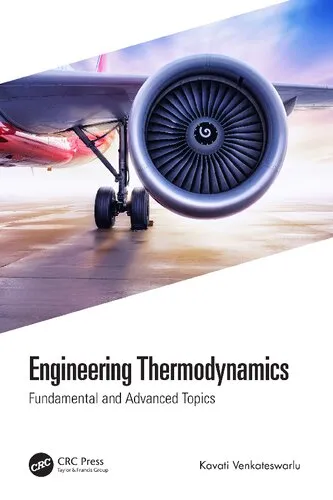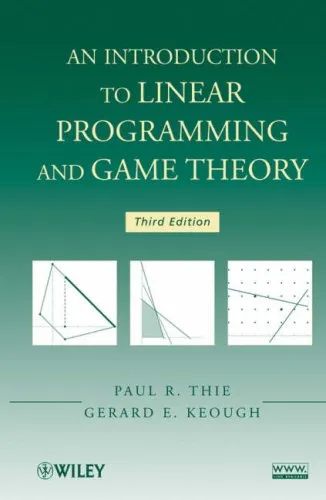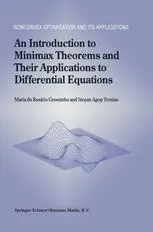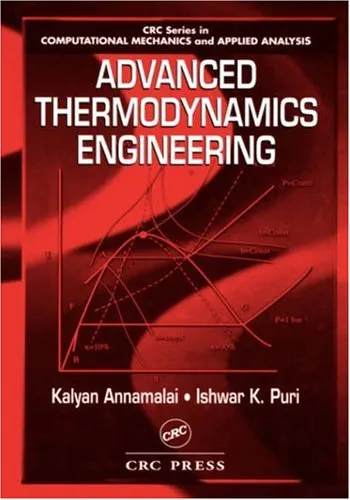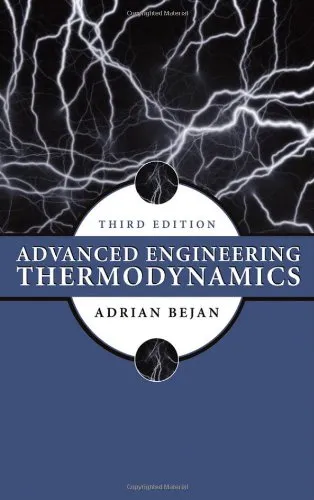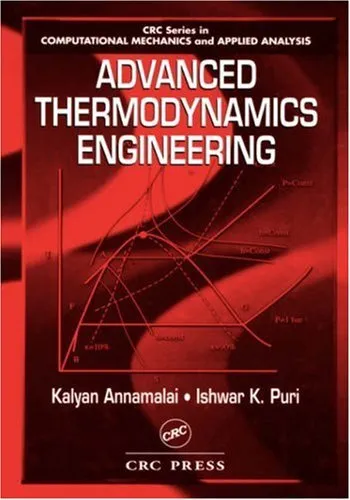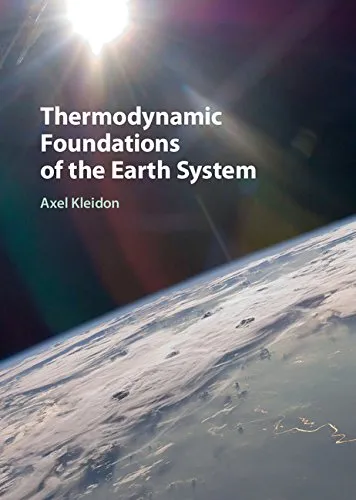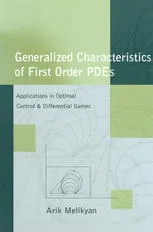Engineering Thermodynamics: Fundamental and Advanced Topics
4.5
Reviews from our users

You Can Ask your questions from this book's AI after Login
Each download or ask from book AI costs 2 points. To earn more free points, please visit the Points Guide Page and complete some valuable actions.Related Refrences:
Introduction
"Engineering Thermodynamics: Fundamental and Advanced Topics" is a comprehensive guide to mastering one of the cornerstone fields of engineering and applied sciences. Written by Kavati Venkateswarlu, this book serves as both a foundational resource for beginners and an advanced reference for seasoned professionals. Designed to bridge theoretical principles and practical applications, the book equips its readers with tools to analyze, design, and optimize systems that involve energy transformations.
Thermodynamics forms the backbone of many engineering disciplines, influencing the design and operation of engines, power plants, refrigerators, chemical processing systems, and more. This book effectively combines clarity of concepts with real-world examples to ensure that readers not only grasp the theoretical intricacies but also develop the ability to apply them in robust engineering solutions. Whether you are a student pursuing undergraduate studies, a researcher expanding your specialization, or an engineer solving complex energy problems, this book caters to everyone’s needs.
Summary of the Book
This book is structured to provide a logical progression, beginning with fundamental concepts and advancing toward complex topics.
The initial chapters introduce the foundational principles of thermodynamics, including the laws of thermodynamics, the concept of energy conservation, heat transfer, and the distinction between ideal and real systems. Readers develop a deep understanding of essential terms like entropy, enthalpy, and exergy, complete with accompanying diagrams and mathematical formulations.
The middle chapters transition to specific applications in engineering, such as power generation, refrigeration, and combustion analysis. The theoretical models are consistently supplemented by practical case studies, ensuring that the bridge between abstract theories and real-world scenarios is well-established.
Advanced sections delve into cutting-edge topics like thermodynamic optimization, energy efficiency in complex systems, and environmental implications. These chapters prepare readers for challenges in green engineering, renewable energy systems, and sustainable development—fields of growing importance in today’s world.
Mathematical rigor is balanced with accessibility throughout the book—every equation is followed by clear explanations, and complex topics are reinforced by solved problems and end-of-chapter exercises. This dual focus on theory and practice ensures a solid understanding for all readers.
Key Takeaways
- Comprehensive understanding of the laws of thermodynamics and their applications.
- Ability to analyze energy transformations in various engineering systems.
- In-depth knowledge of entropy, enthalpy, and exergy, and their significance in designing efficient systems.
- Familiarity with real-world applications such as heat engines, refrigeration cycles, and energy optimization strategies.
- Exposure to advanced topics like sustainability, renewable energy systems, and environmental impact assessments in thermodynamics.
- Strong problem-solving skills through worked-out examples and practice problems.
Famous Quotes from the Book
"Thermodynamics is a science of possibilities. It shows us what is achievable and, equally importantly, what is not."
"Efficiency is not just a technical parameter—it is a philosophy for engineering better systems and a better world."
"Energy is the single most profound concept humanity has ever harnessed; understanding it is unlocking the key to progress."
Why This Book Matters
In a world increasingly reliant on sustainable energy systems and optimized engineering solutions, thermodynamics holds the key to addressing contemporary challenges. This book is more than just a collection of theories—it is a guide to solving real-world energy problems, from improving the efficiency of power plants to designing advanced eco-friendly technologies for the future.
The focus on both fundamentals and advanced topics ensures that readers develop a holistic understanding of thermodynamics, making this book a critical asset for academic and professional growth. Its clear language, rigorous treatment of concepts, and rich problem-solving exercises set it apart as a core resource in the field.
Moreover, the inclusion of case studies and discussions on modern-day challenges like renewable energy and environmental protection makes it indispensable for engineers and leaders striving for sustainability and innovation. Overall, this book prepares its readers not only to tackle today's engineering challenges but also to pave the way for future advancements in energy solutions.
Free Direct Download
You Can Download this book after Login
Accessing books through legal platforms and public libraries not only supports the rights of authors and publishers but also contributes to the sustainability of reading culture. Before downloading, please take a moment to consider these options.
Find this book on other platforms:
WorldCat helps you find books in libraries worldwide.
See ratings, reviews, and discussions on Goodreads.
Find and buy rare or used books on AbeBooks.
1498
بازدید4.5
امتیاز0
نظر98%
رضایتReviews:
4.5
Based on 0 users review
Questions & Answers
Ask questions about this book or help others by answering
No questions yet. Be the first to ask!
